AESTHETIC NERVOUSNESS
AESTHETIC NERVOUSNESS
Disability and the Crisis of Representation
Ato Quayson
COLUMBIA UNIVERSITY PRESS

New york
Columbia University Press
Publishers Since 1893
cup.columbia.edu
New York Chichester, West Sussex
Copyright 2007 Columbia University Press
All rights reserved
E-ISBN 978-0-231-51117-9
Library of Congress Cataloging-in-Publication Data
Quayson, Ato.
Aesthetic nervousness : disability and the crisis of representation / Ato Quayson.
p. cm.
Includes bibliographical references and index.
ISBN 13: 9780231139021 (cloth : acid-free paper)
ISBN 13: 9780231139038 (pbk. : acid-free paper)
ISBN 13: 9780231511179 (e-book)
1. People with disabilities in literature. 2. English literatureEnglish-speaking countriesHistory and criticism. 3. Abnormalities, Human, in literature. 4. People with disabilitiesSocial conditions. 5. Diseases and literature. 6. Beckett, Samuel, 19061989Criticism and interpretation. 7. Morrison, ToniCriticism and interpretation. 8. Soyinka, WoleCriticism and interpretation. 9. Coetzee, J.M., 1940Criticism and interpretation. I. Title.
A Columbia University Press E-book.
CUP would be pleased to hear about your reading experience with this e-book at .
PR 9080.Q38 2007
809. 933527dc22 2006035957
To the memory of my father,
Emmanuel Laud Quayson,
a man with a limp and many stories to tell
CONTENTS
W HEN I WAS ABOUT NINE OR TEN YEARS OLD, MY BLIND grandfather on my fathers side came to live with us. I recall him as a tall man who always walked with his back straight despite his blindness. From time to time, Nana would scream that soldiers were coming to get him, and my father would reply that he had soldiers stationed at the gate and at all four corners of the house. Nana was calmed by this reassurance for a while, but it didnt take long for the entire ritual of alarm and reassurance to have to be repeated. With time, my siblings and I were put in charge of what we then thought was a fun game. We ran out of the house each time Nana had his anxiety attacks and came back with elaborate descriptions of what the guardian soldiers were wearing and what they told us to tell him.
Nana stayed with us for the better part of two years before returning to the coastal fishing village in which he had spent much of his life. He spoke of the sea with much fondness. Some time after his return to the village, a distraught messenger came bearing tragic news. Nana had been found hanging from a beam in his dark room. He had taken his own life.
It was only some twenty-five years later that I came to understand a little bit of what Nana must have been going through. I recalled that in those days, whenever he was in a good mood he would gather the children together and tell us stories. Often in telling them he broke spontaneously into song, his favorite of which we mistook for something from a folktale:
Hisafrica we shall go,
We fear nobody,
Hisafrica we shall go,
We fear nobody.
Refrain: Hisafrica we shall go, Hisafrica we shall go-o,
Hisafrica we shall go-ooo, we fear no-booody.
This with energetic swinging of his arms interspersed with booming commands to turn left, turn right, about turn, and stand at ease. My sisters and I marched delightedly to the song. It was only many years later that I realized that Nana had fought for the British in World War II and been sent to East Africa. When he came to live with us, and apparently from a long way back, he had been suffering from posttraumatic stress disorder. Being a mere soldier in the colonial army, Nana, like most other such soldiers, did not have the benefit of the diagnosis and treatment that European soldiers received. Rehabilitation for colonial war veterans was practically unheard of, and most veterans ended up being the responsibility of their families. Thus Nanas anxiety attacks were not just brought on by his blindness but by the fact that his darkened world was populated with traumatic images from the war.
It is my father, however, who provides the more complex enigma and trigger for my interest in literature and disability. His right leg was shorter than his left, and when he walked, his body leaned sharply to his right side and back. It was never clear to us what the cause of the limp might have been, and being from a culture that never discussed impairments for fear of causing offence, we never spoke about it. He never told us about it either, but we learned from other members of the family that he had suffered a nasty accident in his childhood and broken a bone in his thigh, which had set badly. This accounted for his unusual gait.
My father was unusual in other respects too. After the breakup of his marriage to my mother when I was about seven years old, he became a fugitive from matrimony, a condition that several women tried to cure him of with no appreciable success. He was universally acknowledged to be a strange man. He had a ferocious temper that often flared up unpredictably. He was also the only man I know of his generation who regularly went out to the market to buy foodstuffs for cooking at home. He was an indifferent cook, but he took the feeding of his children very seriously. Many a time my two sisters and I were roped into the kitchen to be engaged in collective attempts at divining whether the food was actually cooked or merely edible without causing food poisoning. The debates were often inconclusive, the idea being that the proof of the cooking had to be in the eating itself. My own love of cooking dates from this period, when I often saw my father steering fufu with one hand while trying desperately to keep the soup placed precariously on the coal fire from boiling over. Yet it was really my fathers incredible flair for storytelling that defined for good or ill the way in which I was to remember him. Often, on a Saturday evening, he would invite the children on our street for a meal of fufu and fish or meat soup, after which would follow the most amazing and colorful stories. Many of these featured Ananse, the trickster spider of Akan folktales, along with ghostly sasabonsam tales and a variety of stories from other traditions. He leavened all his stories with a good number of parables, jokes, and moral puzzles. Later on, we children came to realize that his diehard optimism sometimes led him to confuse fact with fiction in real life, thus making it difficult to know whether he was really serious or just making things up. With time I came to see him as existing in his own fantastic story, in which he was sometimes the epic hero and sometimes the victim of others machinations.
Sometimes, the stories provided him the opportunity to give us a memorable take on what passed for the ordinary. One such instance that I remember quite clearly occurred when I was about eleven or twelve years old, just before I began attending secondary school. He often took us on walks. Sometimes we all went together, but at other times he took one or the other of us three for a treat. This time it was my turn. We started kicking a particular stone. He kicked it, and I kicked it; he kicked it, and I kicked it. After about ten minutes of this, he asked me, quite unexpectedly, How old do you think that little stone is? I was taken completely by surprise, having never thought of a stone as having an age before. But then followed the most breathtaking story of the formation of the earth, of volcanoes and avalanches, of magma and igneous rocks. The lesson: every stone you kick has come a very long way, both geographically and in terms of time. I have never looked at a stone the same way since.

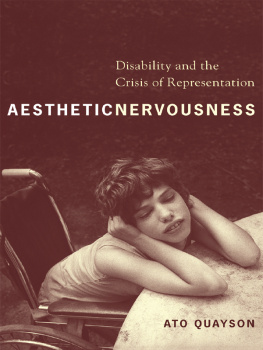
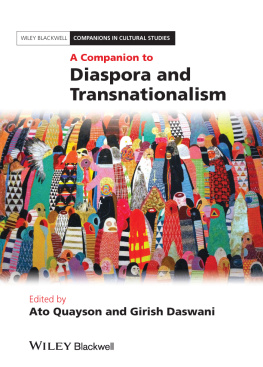

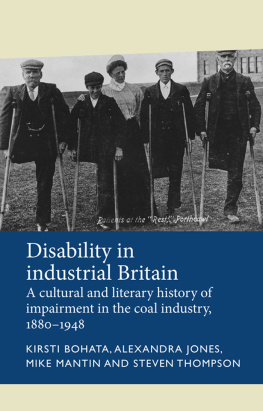
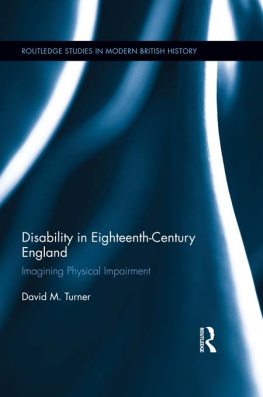
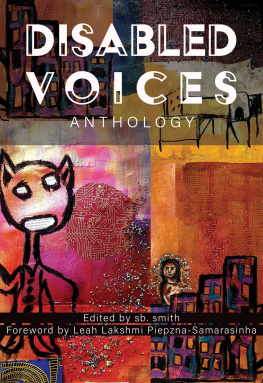
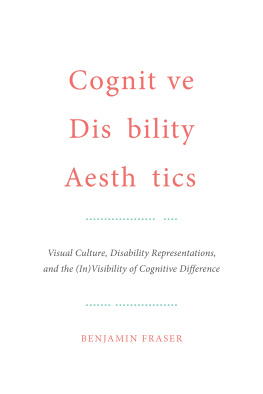
 New york
New york